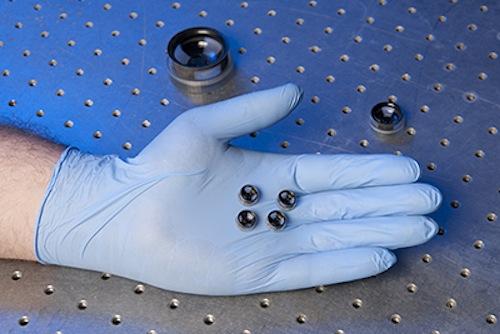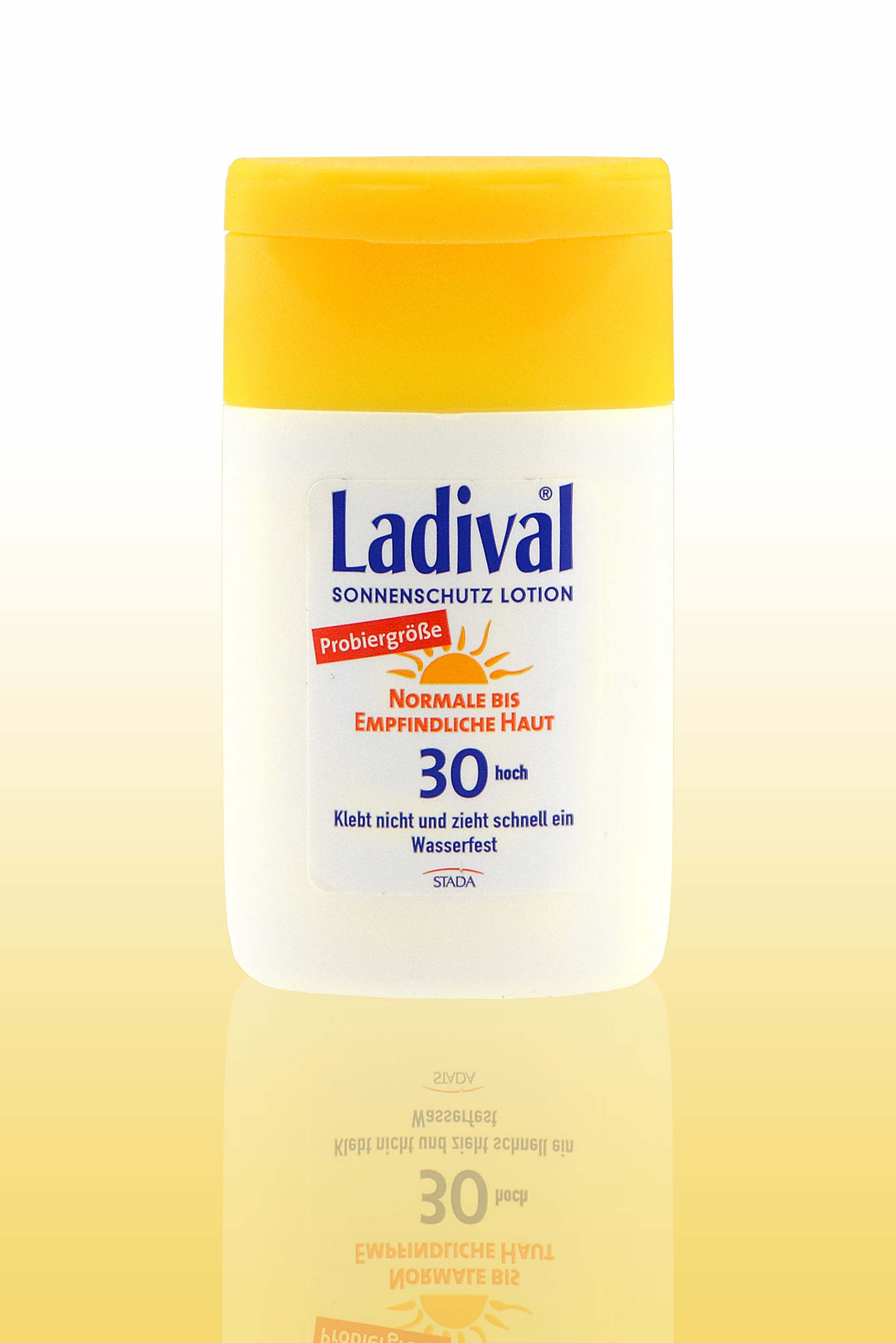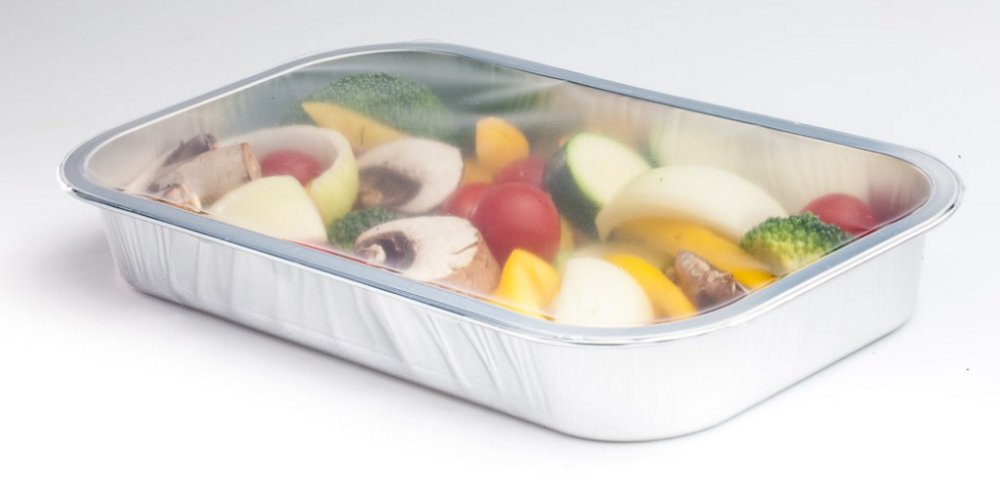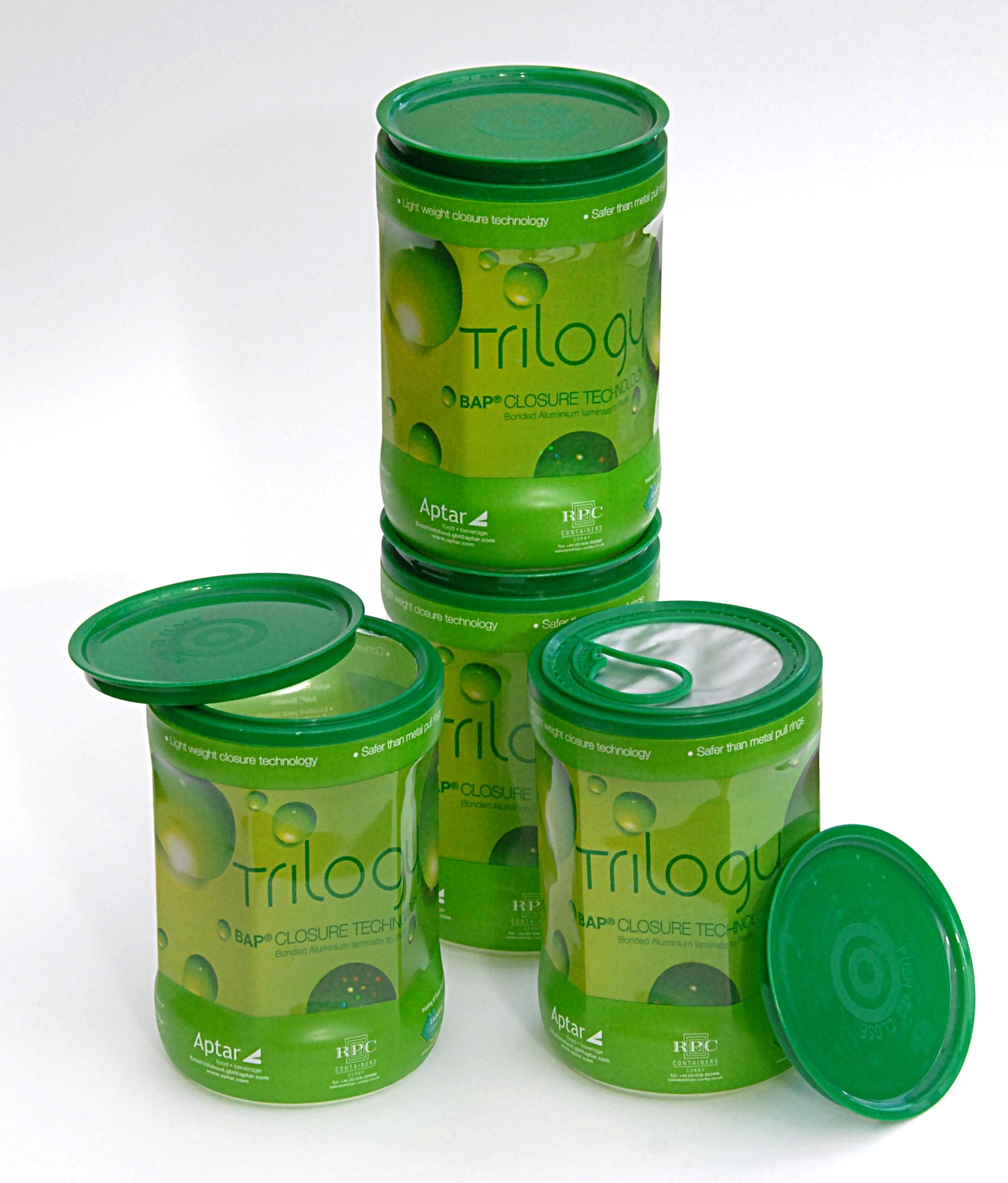For many years, the polyurethane industry has relied upon the same dependable catalyst to produce polyether polyols, the building blocks of polyurethanes and related polymers. In recent years, Bayer MaterialScience LLC has developed and advanced commercialization of a new catalyst, IMPACT™ technology, for the creation of those building blocks.
Karl Haider, innovation manager, Bayer MaterialScience LLC, explored the advances of IMPACT™ technology in a technical presentation, Double Metal Cyanide Catalysis: Enabling Novel Polyoxyalkylene Based Block Copolymers, at the recent Gordon Research Conference at Mount Holyoke College in South Hadley, Mass. The theme of the conference was “Responsive and Multifunctional Polymers Enabling Emerging Technologies.” Haider presented with Jack Reese, Jose Pazos and Ken McDaniel — all of Bayer MaterialScience — during the Polymer Sustainability portion of the conference.
IMPACT™ technology is already known as a more efficient way to produce many industry standard polyether polyols; the technique reduces waste, energy and carbon dioxide equivalents, in addition to significantly improving productivity of the reaction.
In addition to creating standard polyether polyols, IMPACT™ technology can allow scientists to produce building blocks that were not previously achievable with conventional catalysts. The crux of the presentation focused on how IMPACT™ technology can be utilized to create novel building blocks for polyurethane and related polymers. Consequently, these novel building blocks can be used to create entirely new polymers not possible with traditional methods.
Haider discussed several new polymers that may be created using IMPACT™ technology including polymers with a low surface energy, for anti-graffiti or medical applications; polymers that can incorporate natural, renewable feedstocks like soy oil or carbon dioxide; and polymers that have fire retardance built into them.
“IMPACT™ technology is giving scientists the ability to make building blocks for polyurethane that aren’t readily made by other catalysts,” explained Haider. “There are a whole host of utilities for this catalyst. In our presentation, we spread the word about the opportunities for new materials using this technology. We want to see what the academic audience can produce with this new tool.”
The Gordon Research Conference has a long tradition of bringing prestigious scientists to college campuses around the nation and facilitating free discussion of new ideas. The goal is to host an open exchange of ideas in an informal environment, allowing presenters to discuss work that is in early stages in order to further research and development.
About Bayer MaterialScience
Bayer MaterialScience LLC is one of the leading producers of polymers and high-performance plastics in North America and is part of the global Bayer MaterialScience business with nearly 15,100 employees at 30 sites around the world and 2008 sales of 9.7 billion euros. Business activities are focused on the manufacture of high-tech polymer materials and the development of innovative solutions for products used in many areas of daily life. The main segments served are the automotive, electrical and electronics, construction, medical, and sports and leisure industries.
Forward-looking Statements
This website may contain forward-looking statements based on current assumptions and forecasts made by Bayer Group or subgroup management. Various known and unknown risks, uncertainties and other factors could lead to material differences between the actual future results, financial situation, development or performance of the company and the estimates given here. These factors include those discussed in Bayer’s public reports which are available on the Bayer website. The company assumes no liability whatsoever to update these forward-looking statements or to conform them to future events or developments.
Source: specialchem4polymers.com







